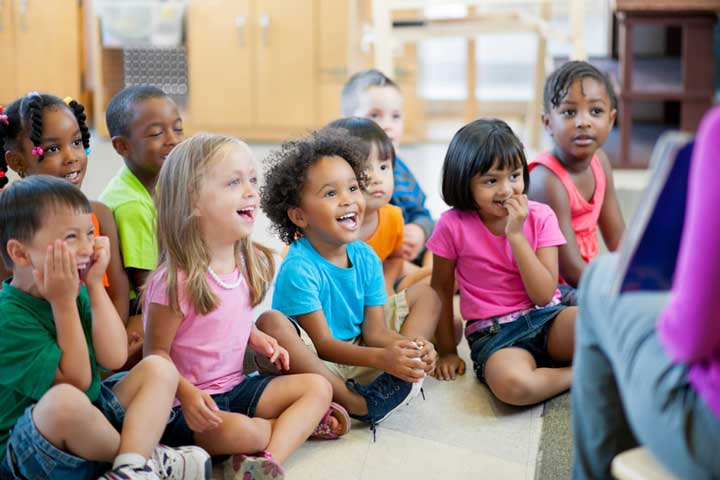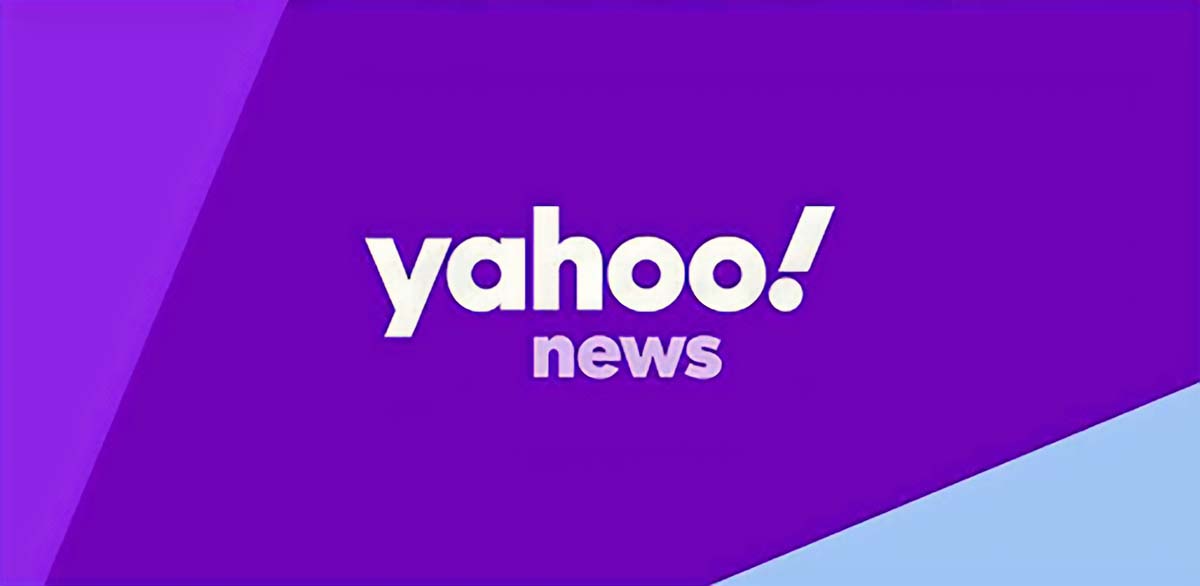There are a lot of choices that you have to make as a parent, and not all of them have to be difficult. Sometimes you just have to decide what kind of clothing to get for your child, or maybe you have to pick out the best formula for them. These tasks can feel harder than they are, but you can easily do them.
One thing that many parents struggle with is deciding whether or not they want to put their child into an early childhood learning program. If you don’t know much about this subject, you might be surprised to know that it’s actually a great idea to put your child into an early childhood program as soon as possible.
What is the Difference Between Preschool and Early Childhood Education?
Early childhood education generally refers to the educational experiences of children from birth to age eight. This can include both formal and informal settings, such as:
- Daycare
- Preschool
- Kindergarten
Early childhood education often focuses on providing a foundation for later academic success, as well as social and emotional development.
There are a variety of benefits associated with early childhood education. These benefits can include improved school performance, increased social skills, and better overall health.
In addition, early childhood education can help to close the achievement gap between low-income and higher-income students.
Some of the specific skills that early childhood education can help to develop include literacy skills, numeracy skills, and executive function skills. Executive function skills refer to the ability to plan, organize, and remember information. These skills are important for academic success later on in life.
In addition to the cognitive benefits of early childhood education, there are also social and emotional benefits. Early childhood education can help children learn how to interact with others in a positive way. They can also learn how to share, take turns, and resolve conflicts peacefully. These social and emotional skills are important for success both in school and in life in general.
There are a variety of different approaches to early childhood education. Some programs focus on academics while others focus on play-based learning. Some programs use a mix of both approaches. It is important to find an approach that is right for your child’s individual needs and interests.
Early childhood education is an important investment in your child’s future success. It can provide them with the foundation they need for academic success as well as social and emotional development.
There are a variety of different approaches to early childhood education, so it is important to find one that is right for your child’s individual needs and interests.
Is There Any Scientific Research That Says Early Childhood Education Works?
As a parent, you might be wondering if there’s anything that backs the claims that we’ve made. If any scientific studies have been done on this topic. The answer is yes, there have been plenty of studies conducted on early childhood education, and the results are overwhelmingly positive.
A study conducted by the National Institute for Early Education Research found that students who participated in high-quality early childhood education programs were more likely to succeed in school and have better overall health. The study also found that these benefits were especially pronounced for low-income students and students from minority groups.
Another study, this one conducted by the RAND Corporation, found that students who participated in early childhood education programs were more likely to graduate from high school and earn a higher salary as adults. They were also less likely to be involved in crime. The study found that these benefits were especially pronounced for low-income students.
These two studies are just a small sample of the wealth of research that has been conducted on early childhood education. In general, the research shows that early childhood education can have a positive impact on a child’s future academic success, social skills, and overall health.
One of the reasons why early childhood education is so important is because it can help to level the playing field for low-income and minority students. These groups of students often start behind their peers when it comes to academic achievement and social skills. Early childhood education can help to close this achievement gap and give all students a fair chance at success.
Research has shown that early childhood education can have a positive impact on a child’s future academic success, social skills, and overall health. It is especially important for low-income and minority students who might otherwise start behind their peers. Early childhood education is an investment in your child’s future success.
How to Find a Good Early Childhood Education Program
If you’re interested in enrolling your child in an early childhood education program, there are a few things you’ll need to do. First, you’ll need to decide what type of program you’re looking for. There are a variety of different types of early childhood education programs, so it’s important to find one that’s right for your child’s needs and interests.
Once you’ve decided what type of program you’re looking for, you’ll need to start researching different programs in your area. You can ask friends and family for recommendations, or look online for reviews. You can also contact your local child care resource and referral agency for help finding a program that’s right for you.
Once you’ve narrowed down your choices, it’s time to start visiting different programs. This is a great opportunity to see the program in action and get a feel for the environment. It’s also a good time to ask any questions that you might have about the program.
After visiting different programs, it’s time to make a decision about which one is right for your child. This decision should be based on a variety of factors, such as the program’s curriculum, the staff qualifications, and the overall environment. Once you’ve made your decision, it’s time to enroll your child in the program.
Enrolling your child in an early childhood education program is a simple process. First, you’ll need to fill out some paperwork with basic information about your child and family. Then, you’ll pay any required fees and schedule an orientation visit. After that, your child will be ready to start attending classes!
Early childhood education is an important investment in your child’s future success. By enrolling them in a quality early childhood education program, you can give them the foundation they need for academic success as well as social and emotional development. Use these tips to find and enroll your child in a great early childhood education program today!
What Kinds of Early Childhood Education Are There?
We mentioned earlier that there are many different kinds of early childhood education, but we didn’t actually cover your options. Let’s take a look here so we can be sure that you understand what you have available to you:
-Daycare: A daycare is a childcare facility that is typically open during business hours. Daycares provide care for children aged six weeks to six years.
-Preschool: A preschool is a childcare facility that typically provides care for children aged three to five years. Preschools often have a curriculum that helps to prepare children for kindergarten.
- Kindergarten:
Kindergarten is a school program for children aged five to six years. Kindergarten programs often focus on academic skills such as literacy and numeracy.
- Head Start:
Head Start is a federal program that provides early childhood education, health, and nutrition services to low-income children and families.
- Early Head Start:
Early Head Start is a federal program that provides early childhood education, health, and nutrition services to pregnant women, infants, and toddlers from low-income families
- Child Care:
Child care is a general term that can refer to any type of care for children aged six weeks to twelve years. This can include daycare, preschool, after-school care, and more.
- Nursery School:
A nursery school is a school for children aged three to five years. Nursery schools often have a play-based curriculum.
- Montessori School:
A Montessori school is a school that uses the Montessori educational approach. This approach emphasizes hands-on learning and individualized instruction.
- Reggio Emilia School:
A Reggio Emilia school is a school that uses the Reggio Emilia educational approach. This approach emphasizes project-based learning and a child-centered approach.
- Waldorf School:
A Waldorf school is a school that uses the Waldorf educational approach. This approach emphasizes a holistic approach to education that includes arts and sciences.
As you can tell, you definitely have no shortage of options when it comes to early childhood education.
Getting the Best for Your Child
The future is full of unknowns, but being sure that you have your child set up as well as possible for the future can have spectacular results for their future.
Whether your child becomes an astronaut or an electrician, there are certain skills that they will need in order to get to where they’re going. Making sure that they have everything that they need is important, and it can be easily done with the right resources.





More Stories